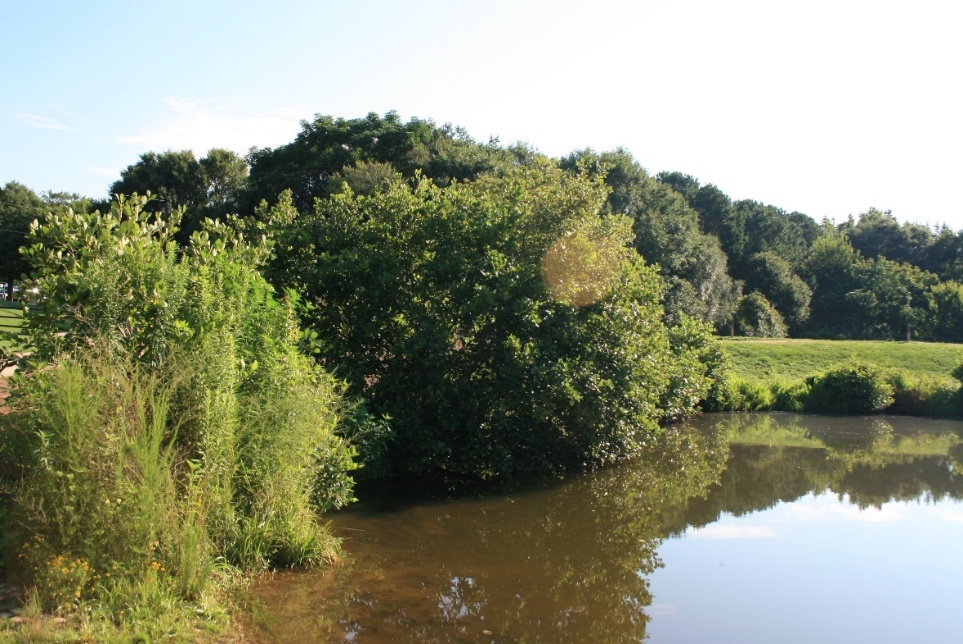By Brad Haire
University of Georgia
Georgia tobacco farmers continue to harvest and sell a crop that
had a promising start this year. But a soggy Georgia summer
washed away a five-year drought and what could have been a
great crop. It’s just another change for farmers used to plenty
of them.
In early-June, the crop was expected “to be a barn-buster,” said
J. Michael Moore, tobacco agronomist with the UGA Extension
Service.
Then it rained
Then the skies opened up, and it rained, he said. And it hasn’t
stopped.
“In the tobacco business, dry weather can scare you,” he
said. “But wet weather can ruin you.”
Excessively wet ground can starve the plant of oxygen and
literally drown it in a field, he said.
Other tobacco-producing states have lost much more tobacco than
Georgia to the rain, he said. However, he doesn’t expect Georgia
farmers will meet their 64.3 million pound quota, the amount
they are allowed to grow under a federal program. Yields will be
less than the average of 22,000 pounds per acre.
But this year’s crop will be better than the 2002 crop, which
was hit hard by disease, he said.
Because the rain has not let up and the threat of tropical
storms this time of year, farmers are eager to finish harvest.
But Moore warns farmers not to rush or pick leaves not ready.
This can hurt the quality of the leaves. They should wait for
the tobacco to mature in the field if they can.
Georgia’s tobacco auction opened July 29 and will run along with
harvest through August. The first tobacco sold comes from the
bottom of the plant and is considered of less quality. Prices
have remained normal at around $1.68 per pound.
Changes
Growers hoped that the wet weather this growing season would
change. It never did. But other things have changed for them in
recent years, Moore said.
Farmers used to sell their tobacco bundled loosely in sheets. At
the request of tobacco companies, tobacco farmers now have to
package their tobacco in 750-pound bales to be sold. Farmers had
to purchase the balers to do this.
After tobacco leaves are picked, farmers dry them in barns
before taking them to market or selling. Research indicated that
the exhaust from barn heaters flowed through the drying tobacco
and increased certain carcinogenic qualities of the tobacco.
Through an industry program, farmers retrofitted their barns
with heat-exchangers three years ago to prevent this problem. It
appears now that many of these exchangers were rushed into the
market and still leak the exhaust they were manufactured to
prevent.
This is a problem that must be fixed soon. Tobacco companies
randomly check for the carcinogen. The industry program
guaranteed growers a three-year warranty on the exchangers,
which expires this year. The UGA Extension Service is currently
helping growers identify exchanger problems.
The federal tobacco program that guarantees growers a certain
price for their crop has also “dramatically changed,” Moore
said. Tobacco quota has been cut almost in half.
Most farmers now forego the traditional tobacco markets where
auctioneers rattled off buyers’ bids. Companies now contract
most tobacco directly from growers.
And more changes may be in store for tobacco farmers.
Legislators, including both Georgia senators, in Washington now
call for an end to the federal tobacco program. Growers would be
compensated for the loss of the program. But for now, Georgia
tobacco farmers just want to get this season behind them.




